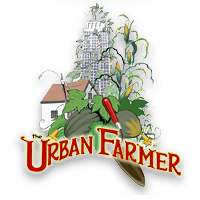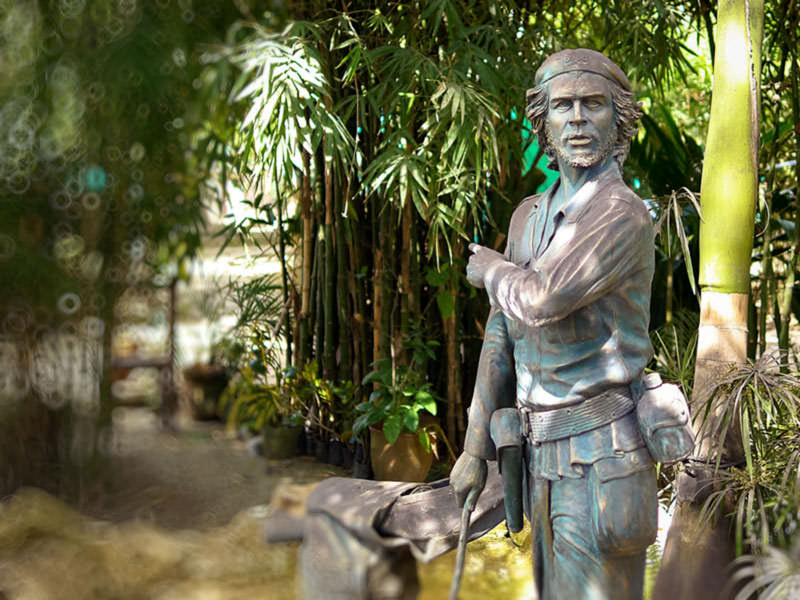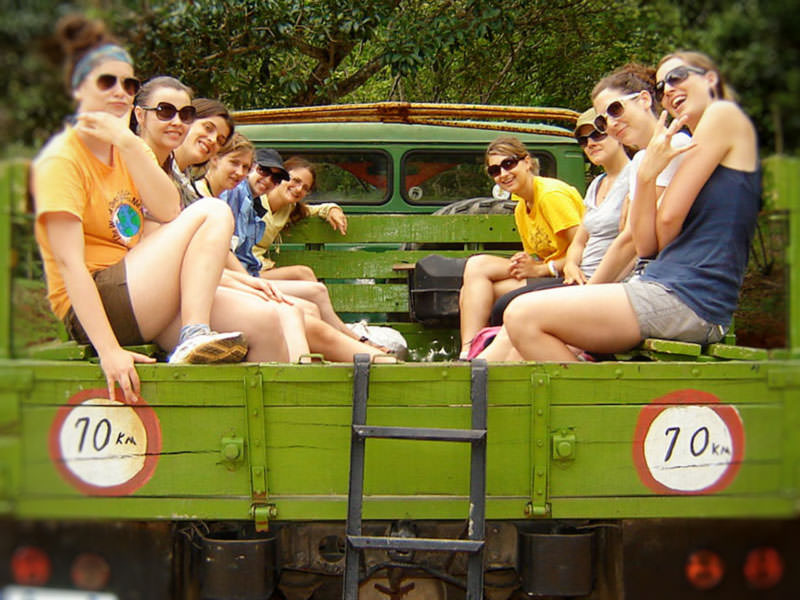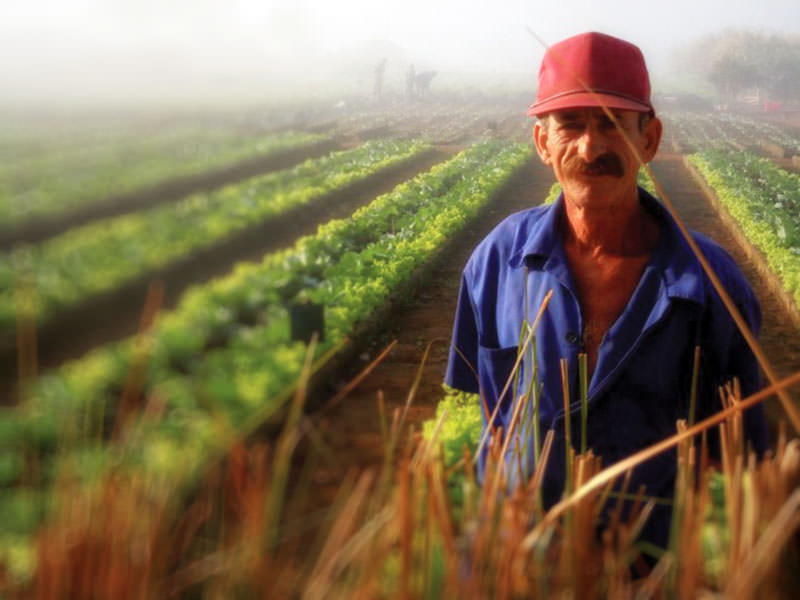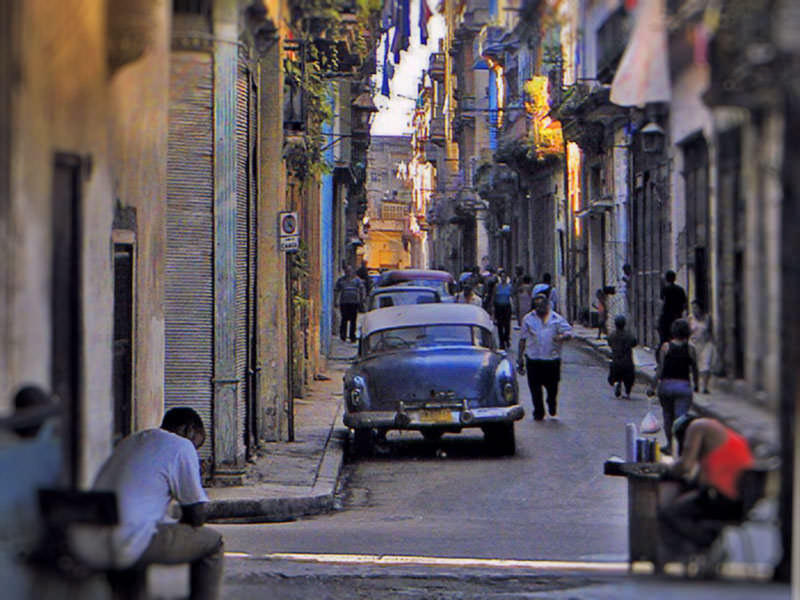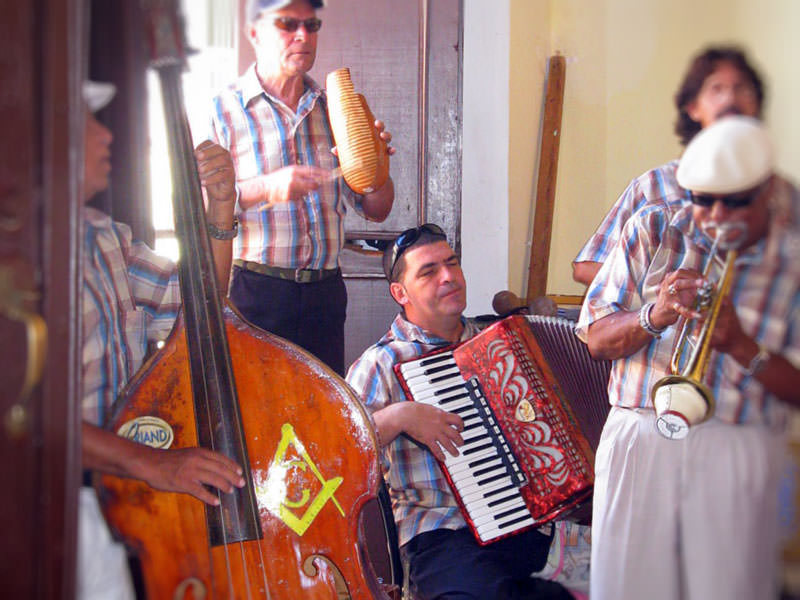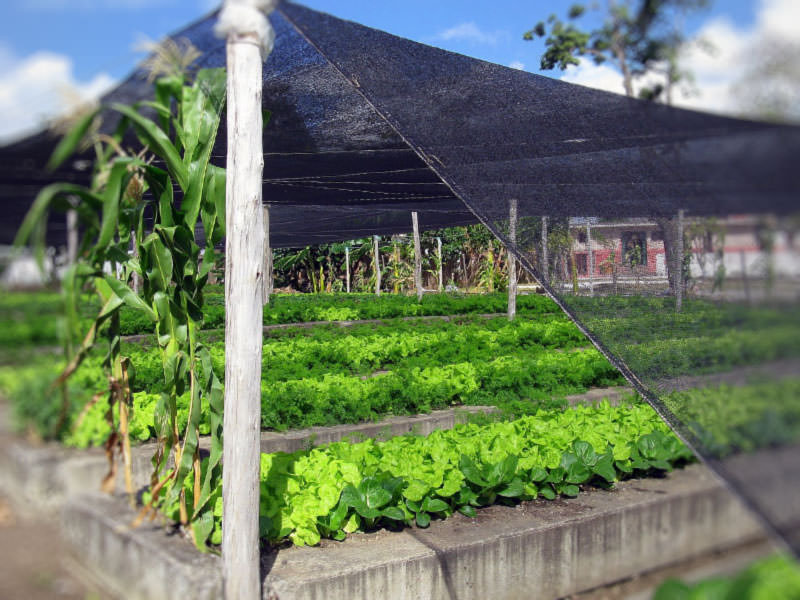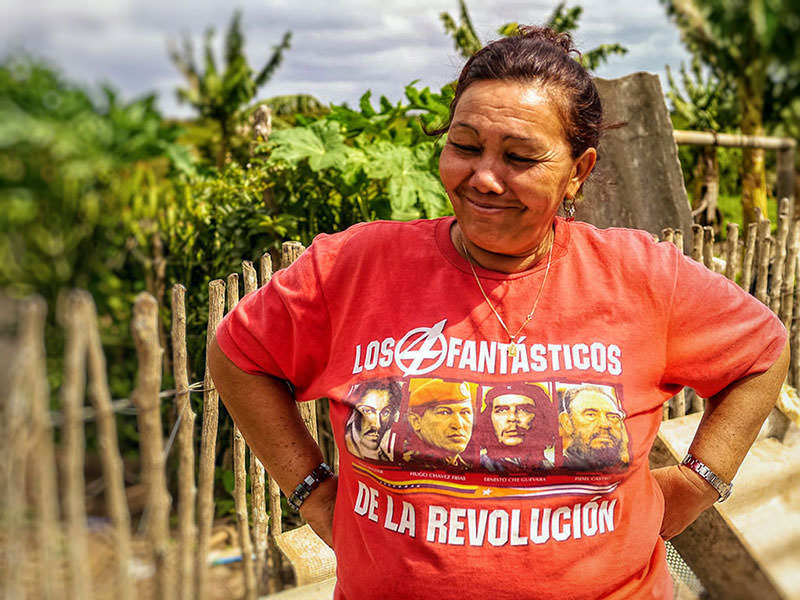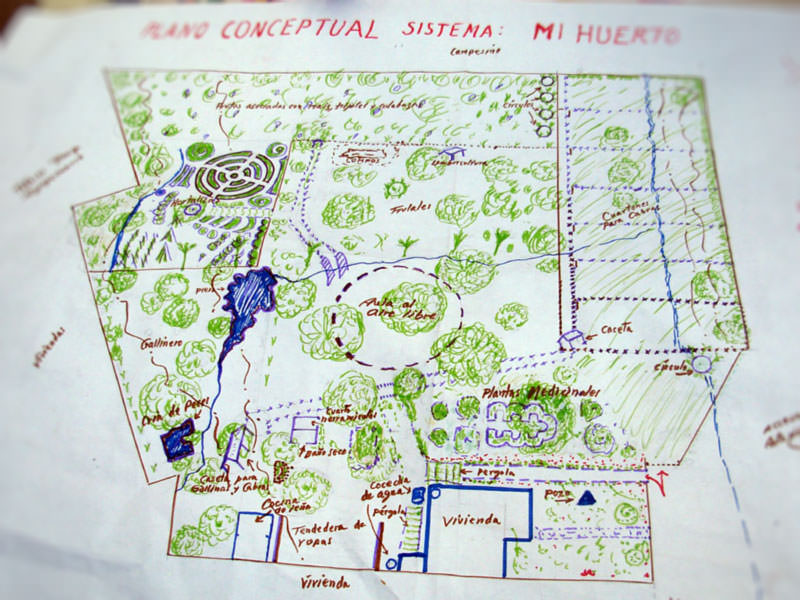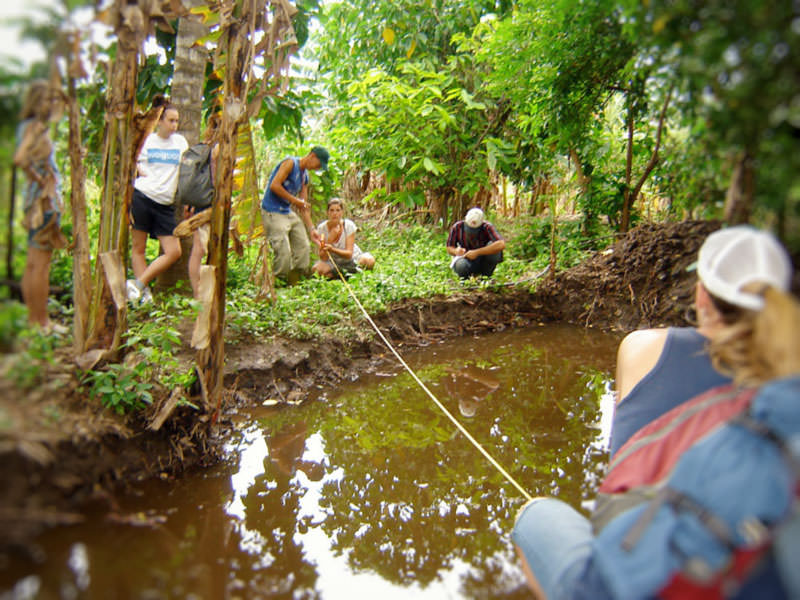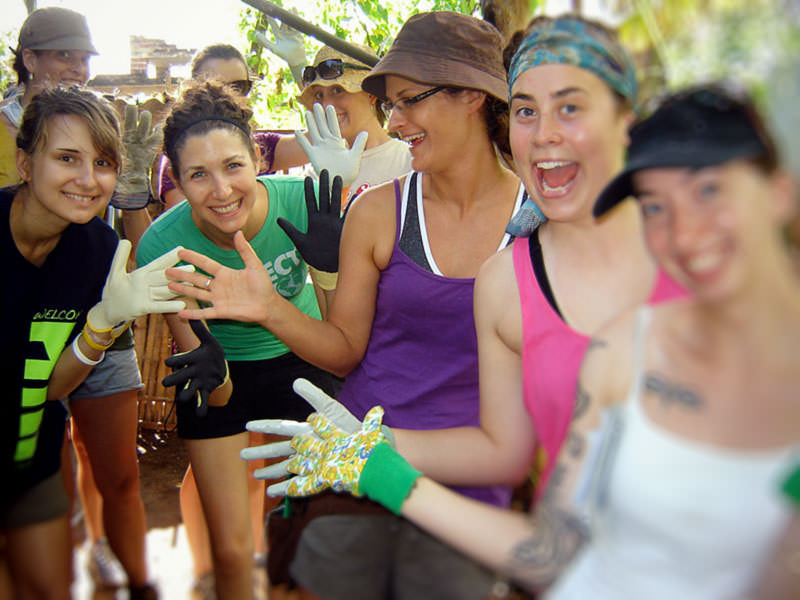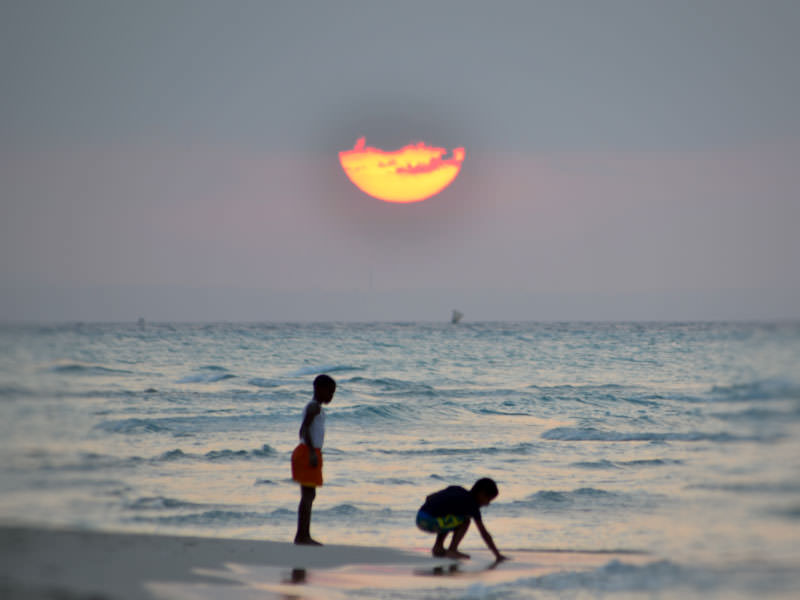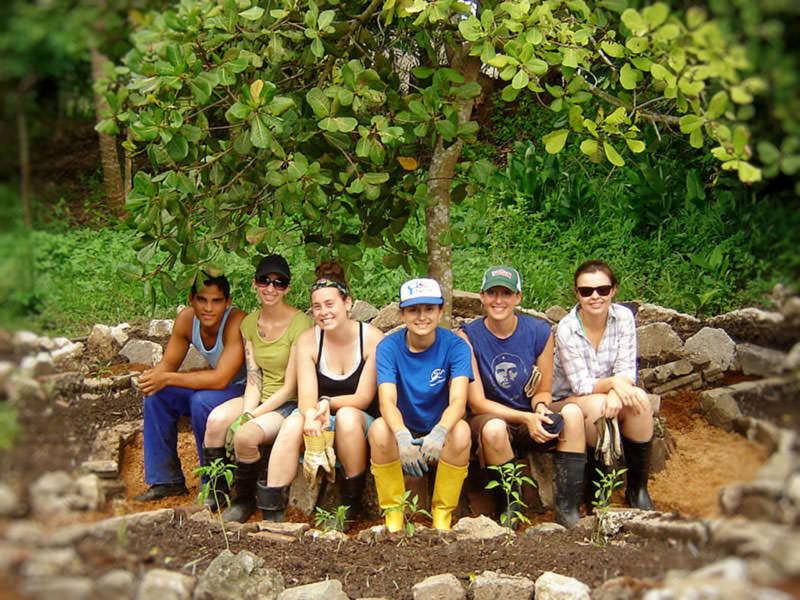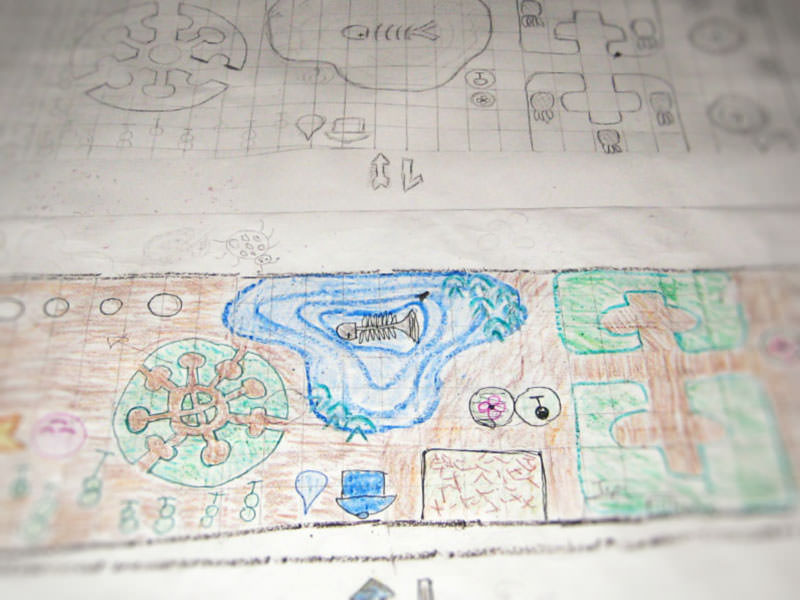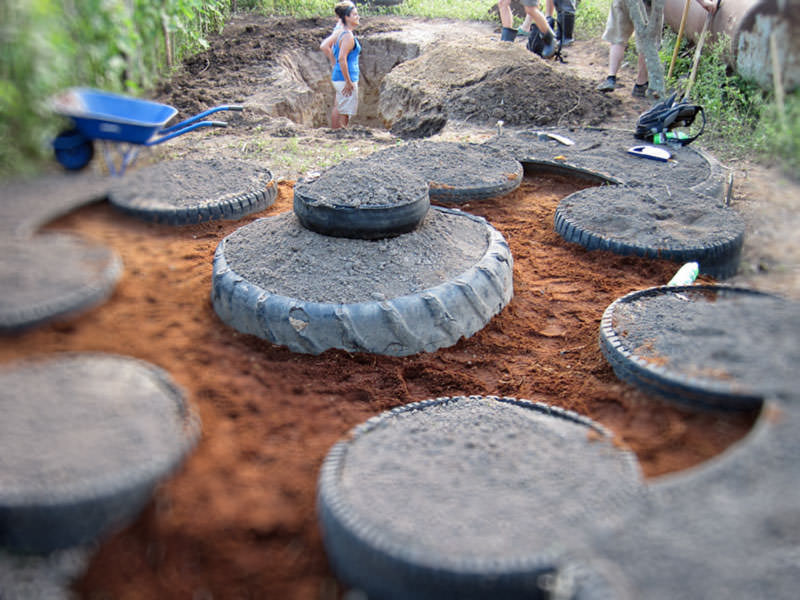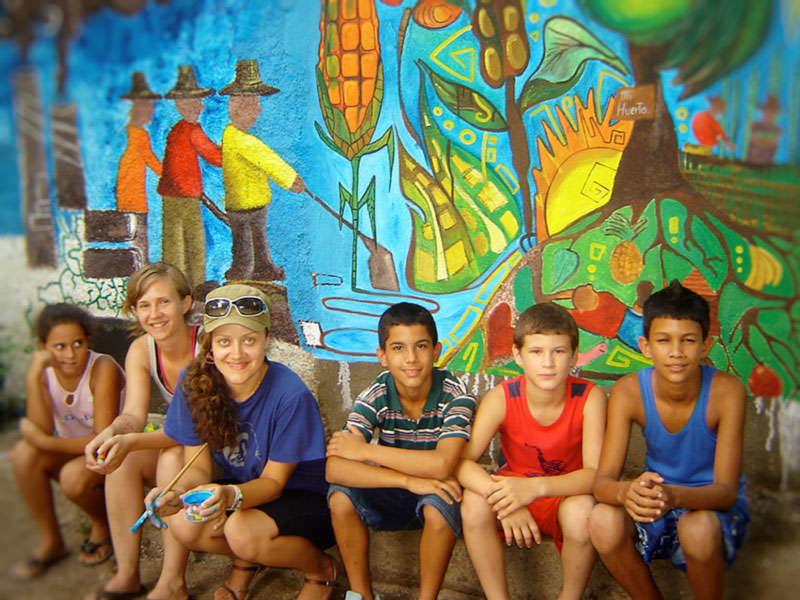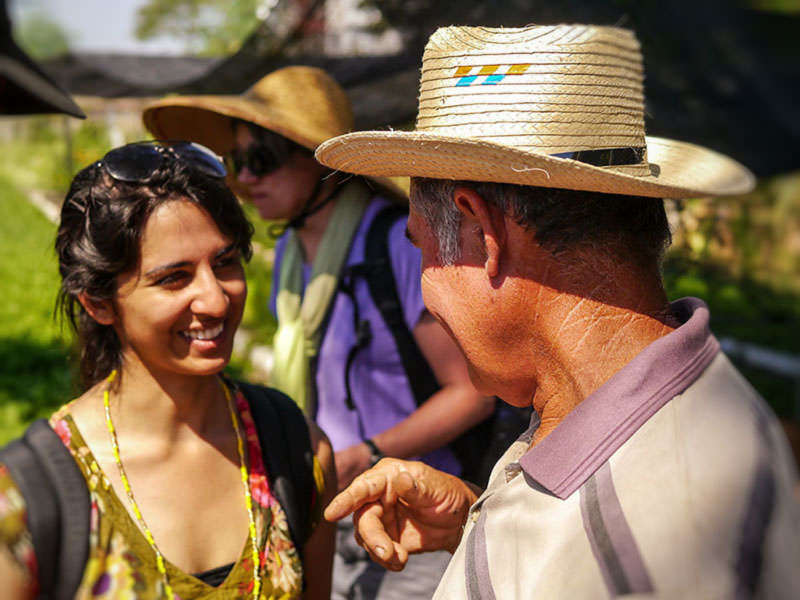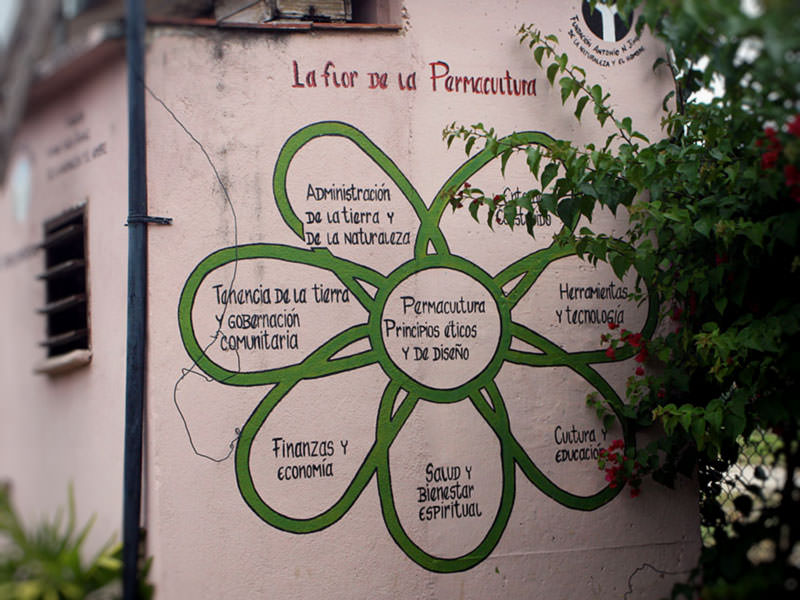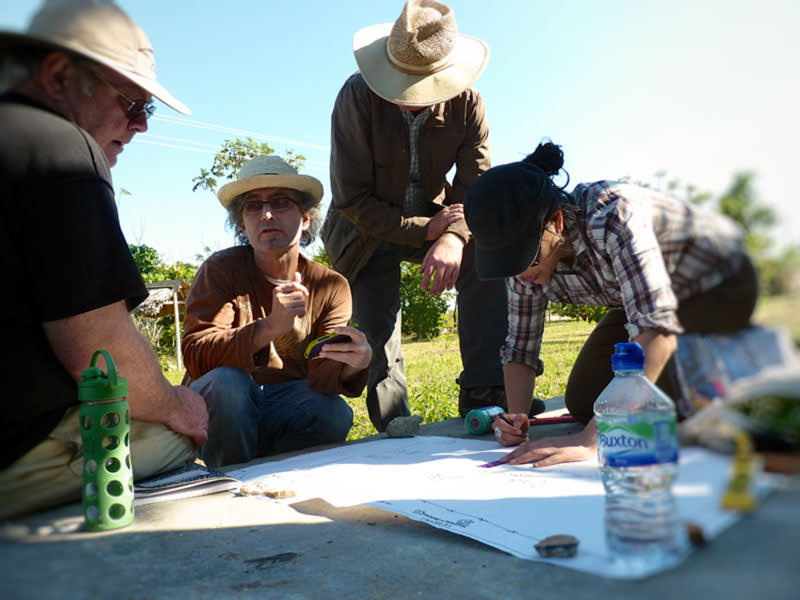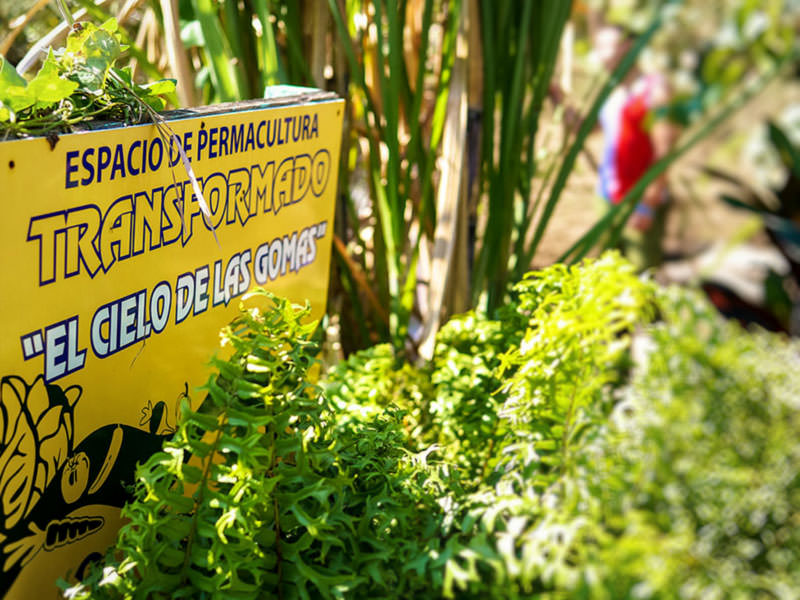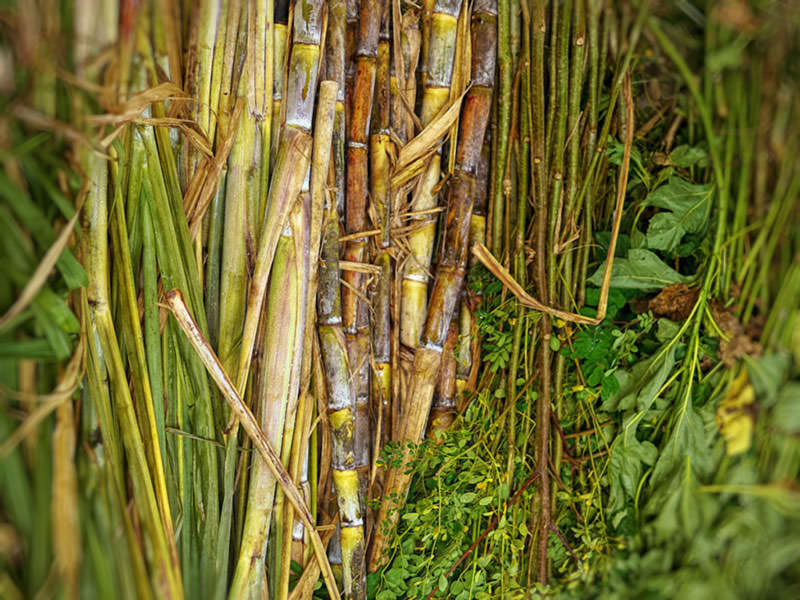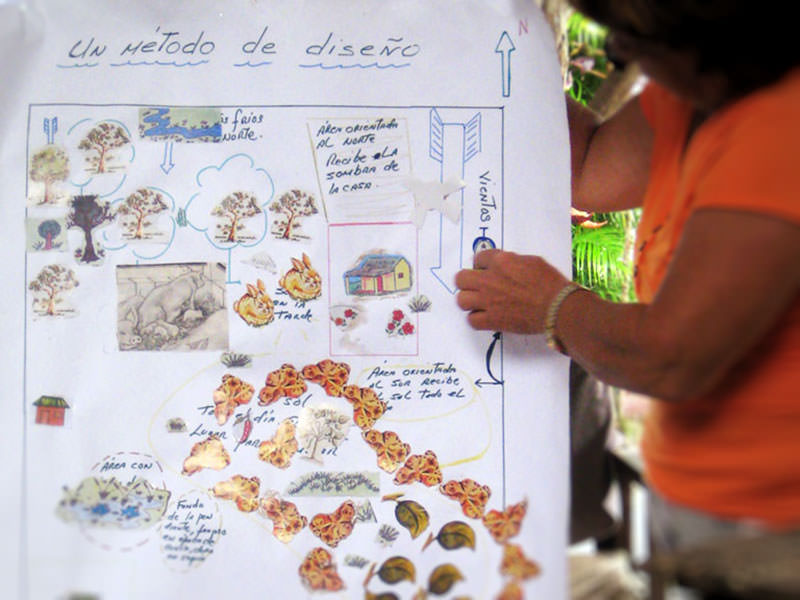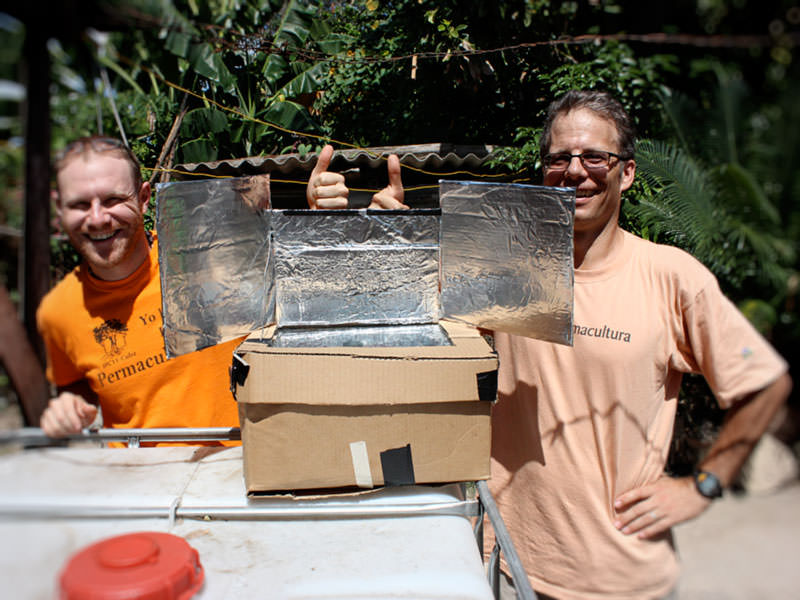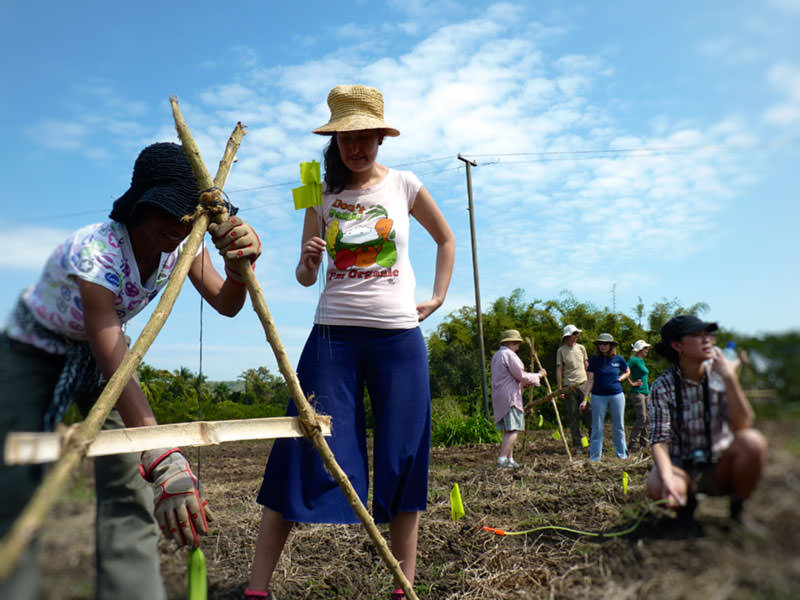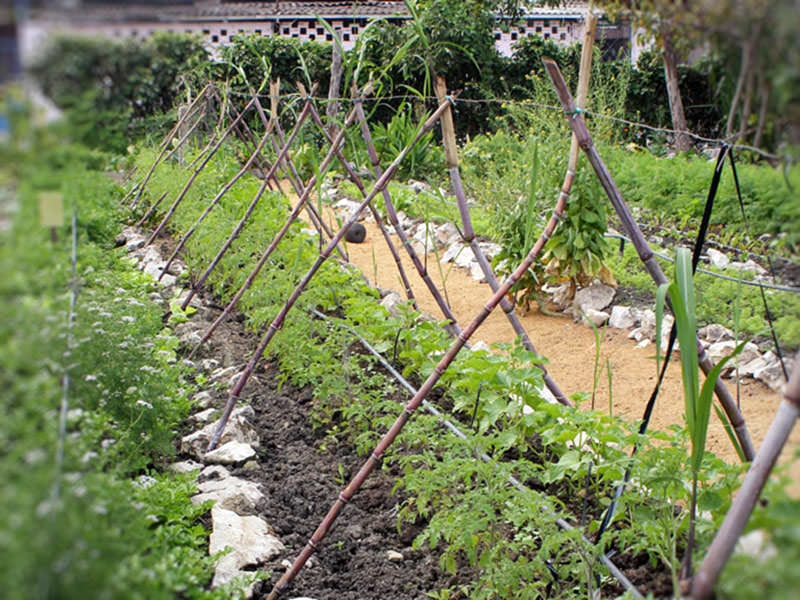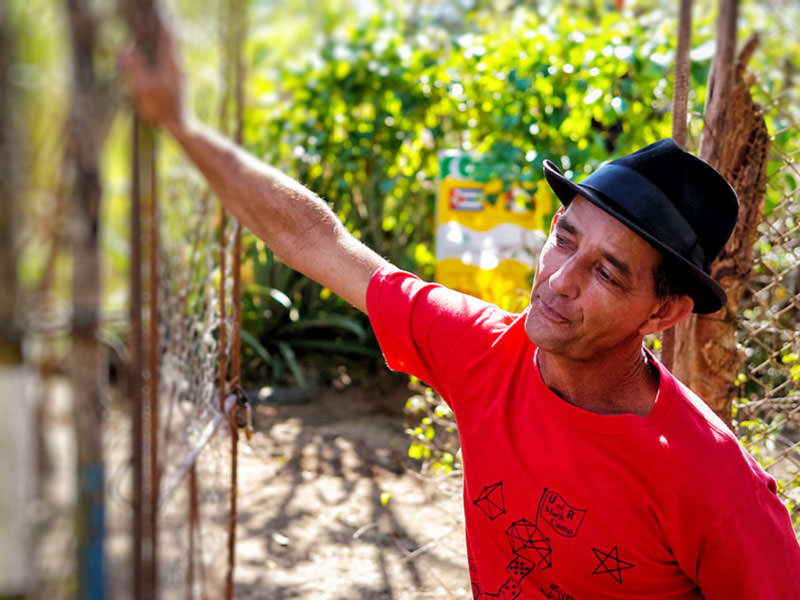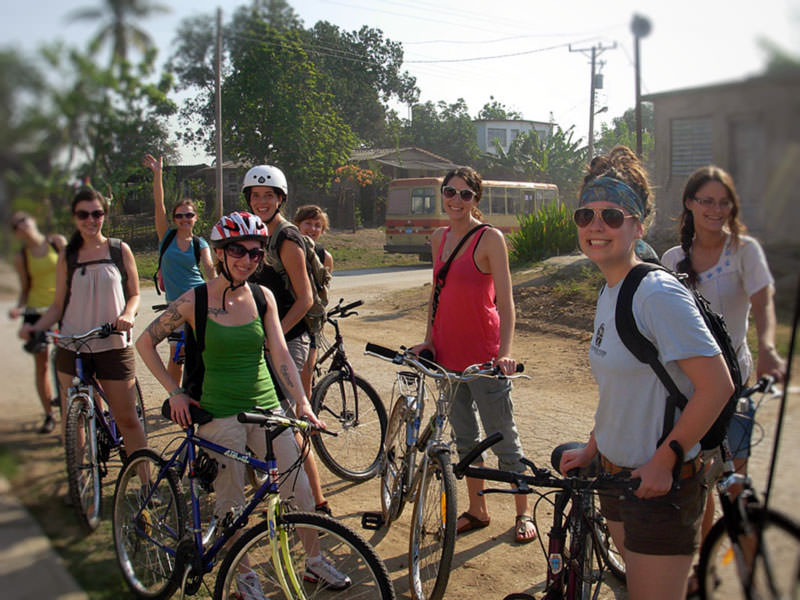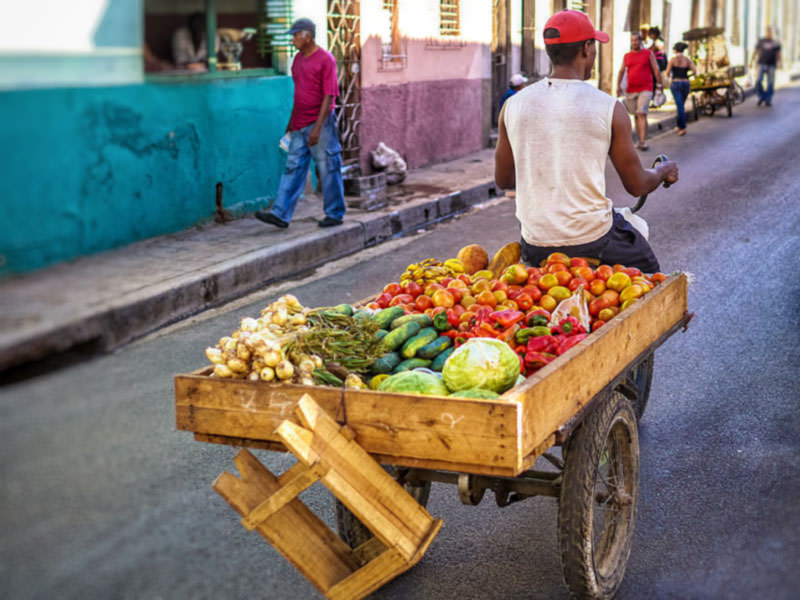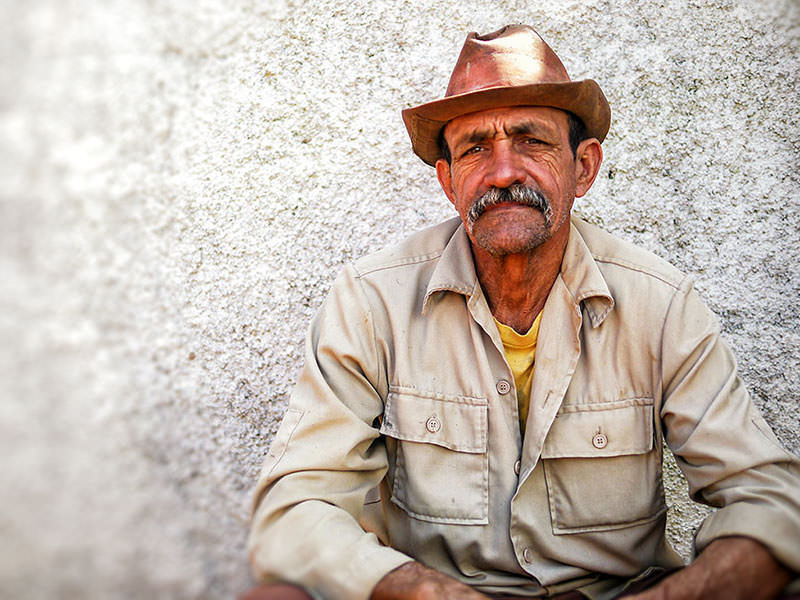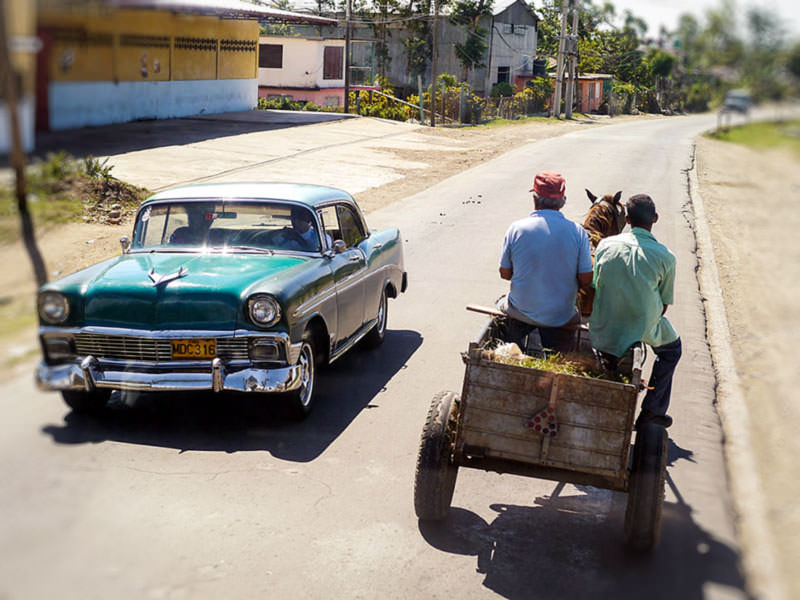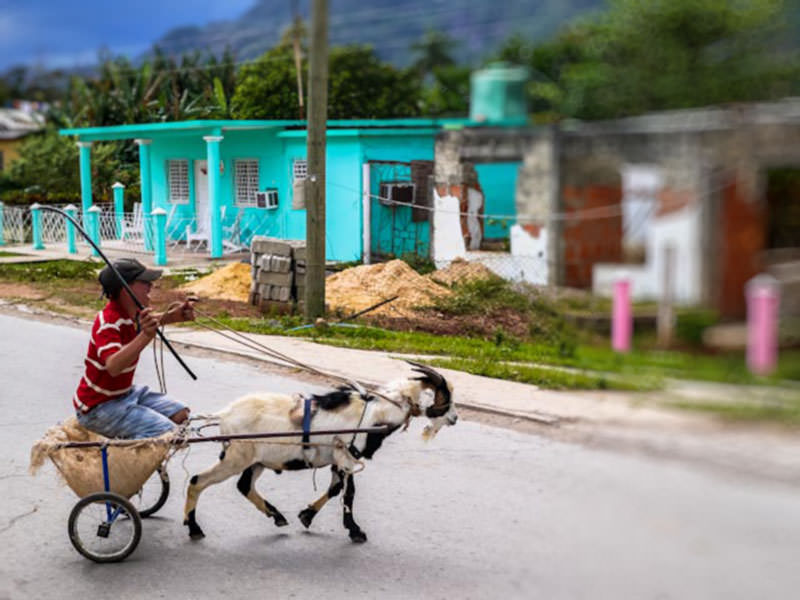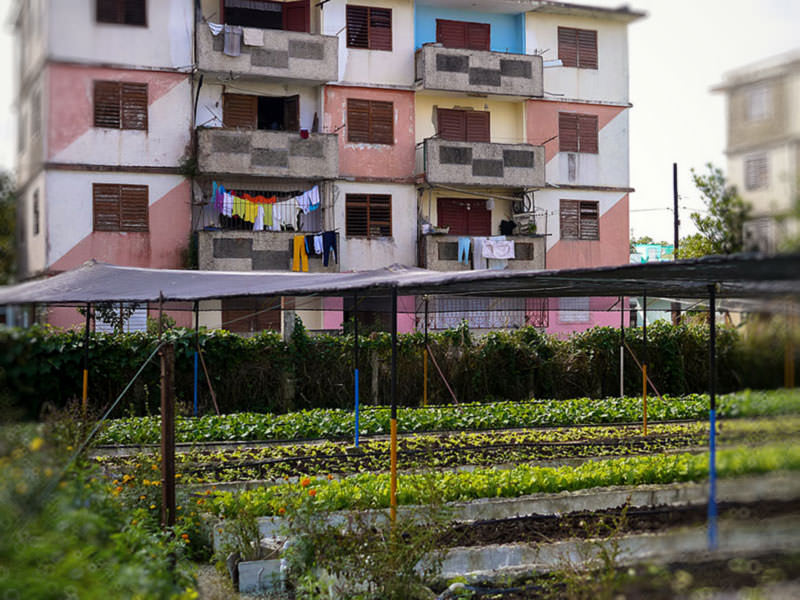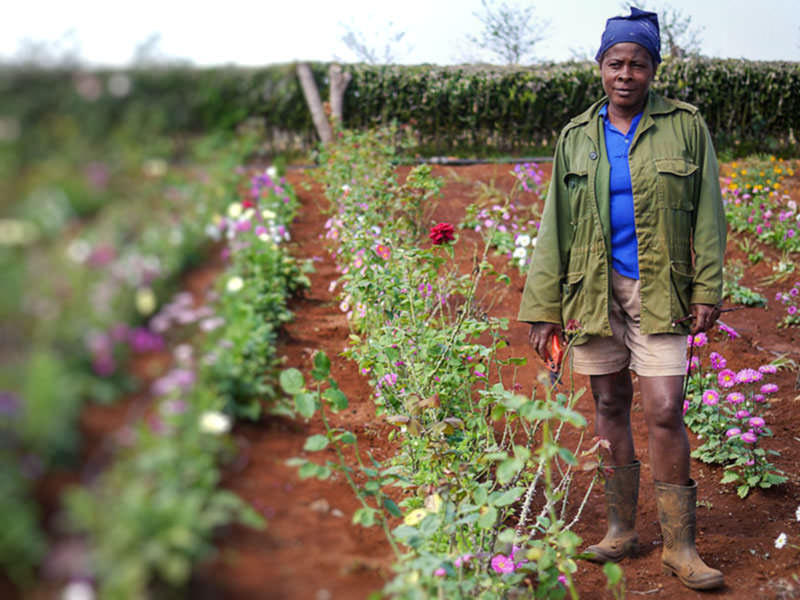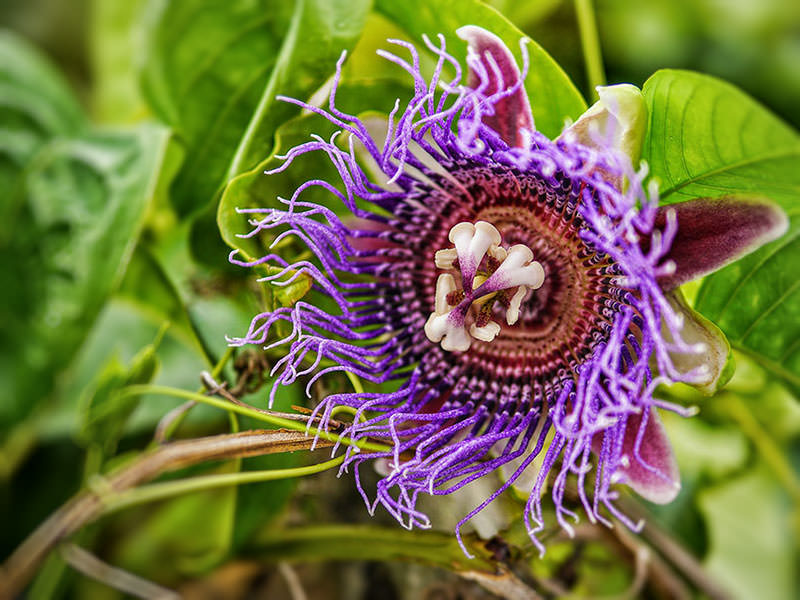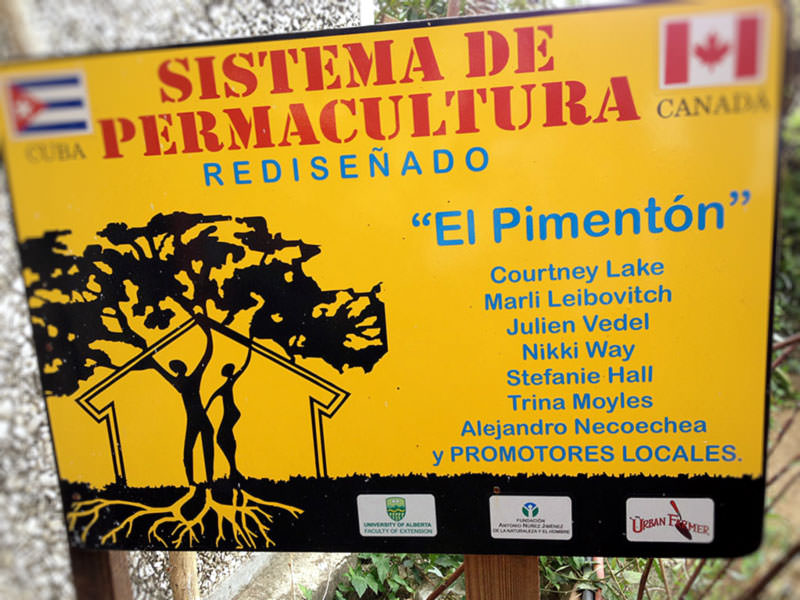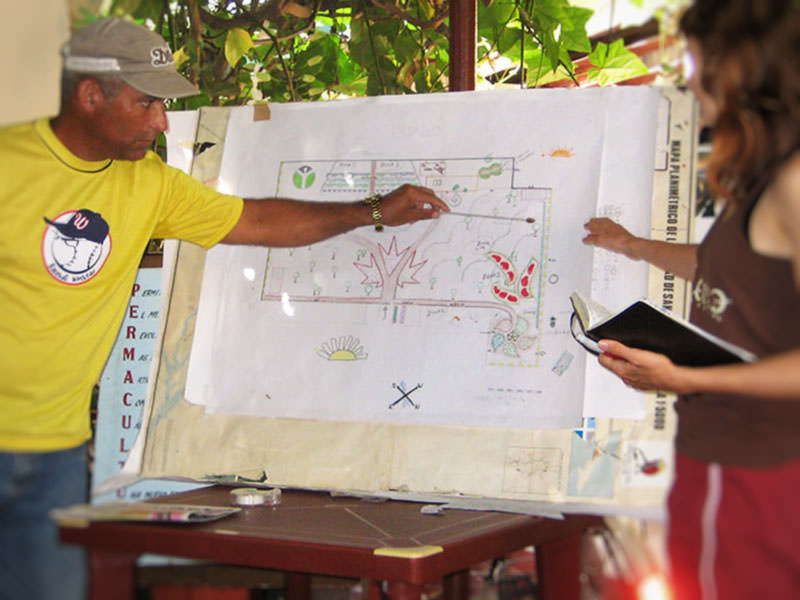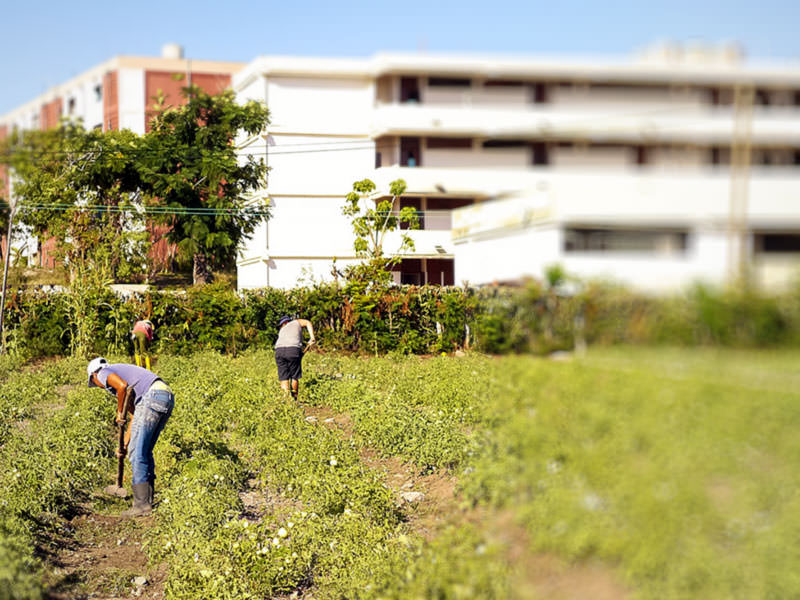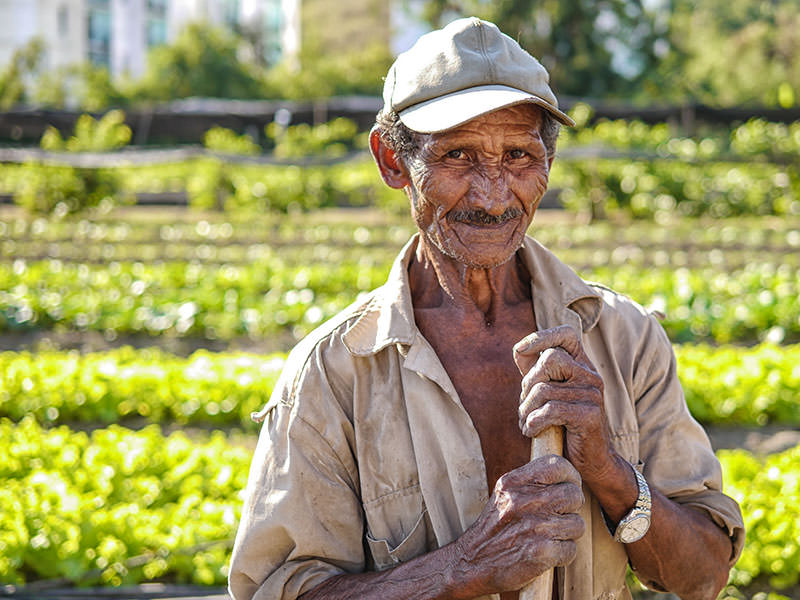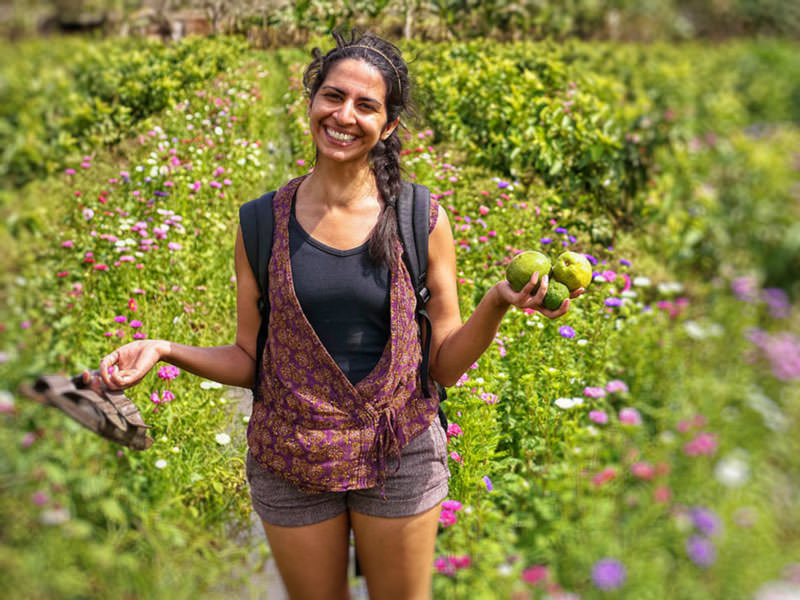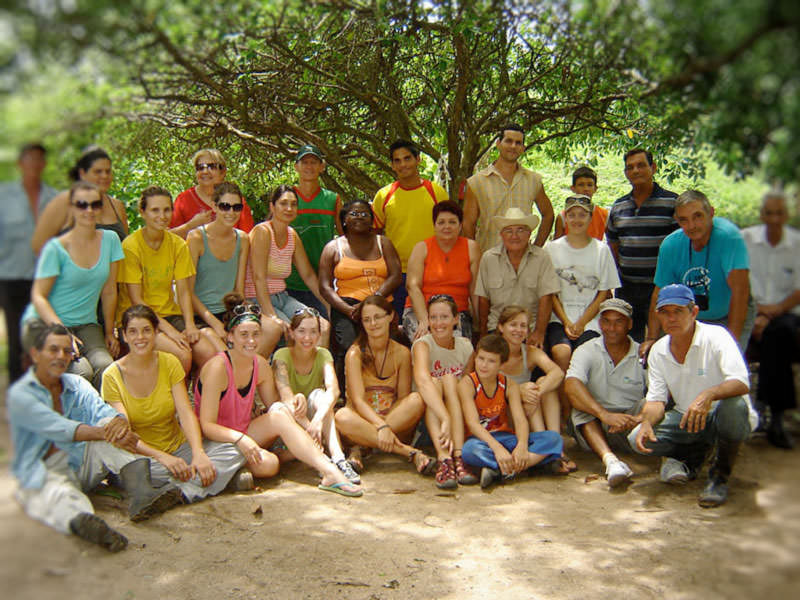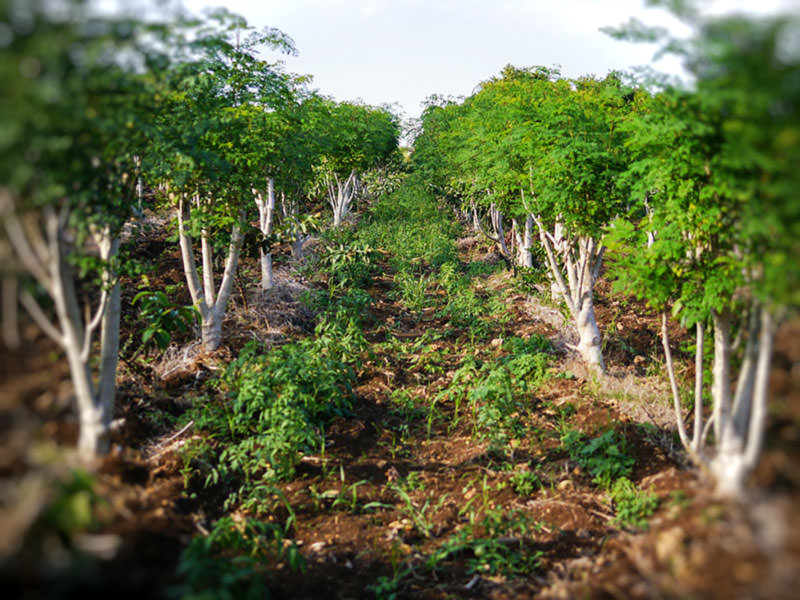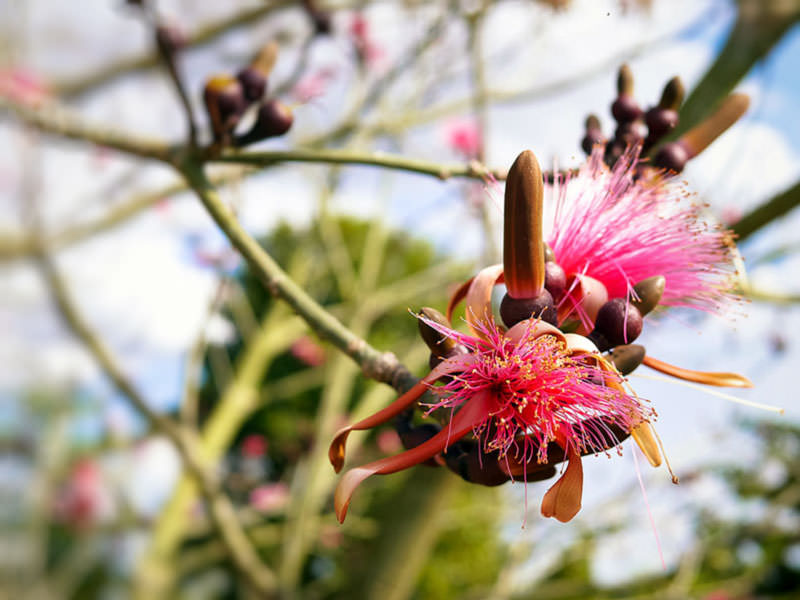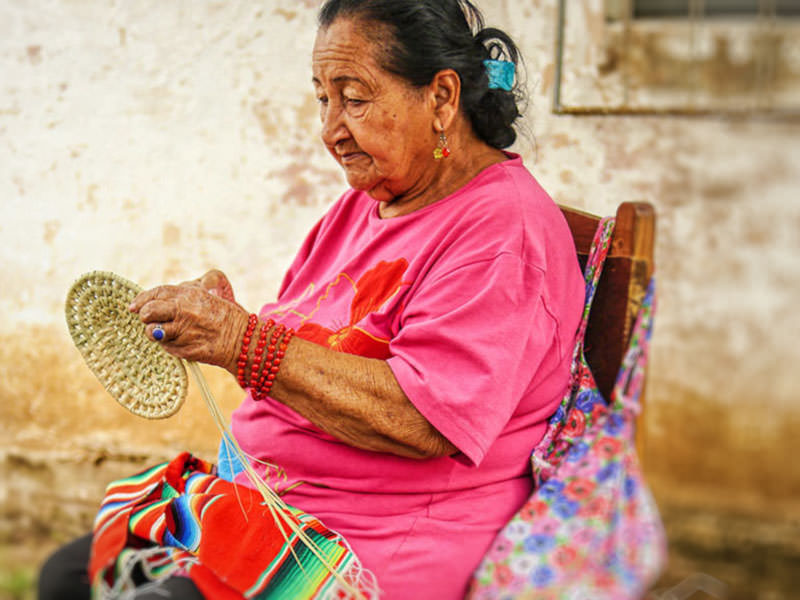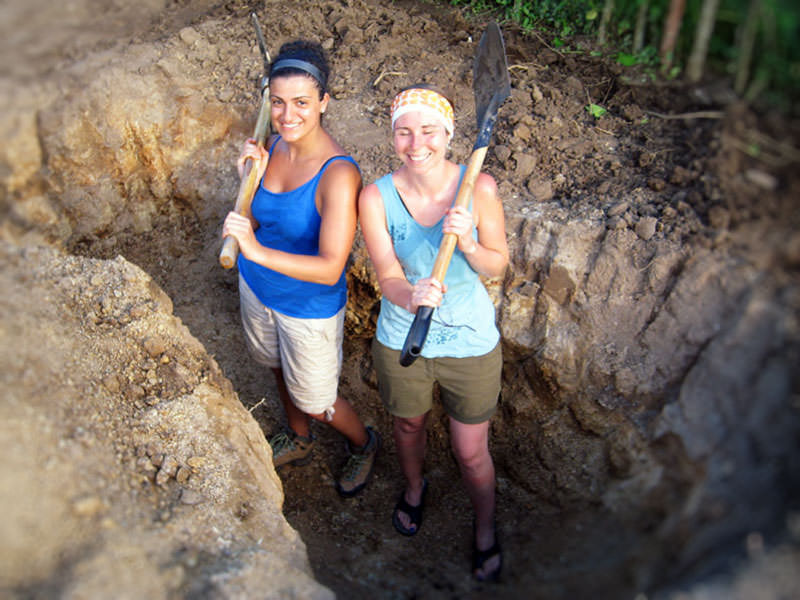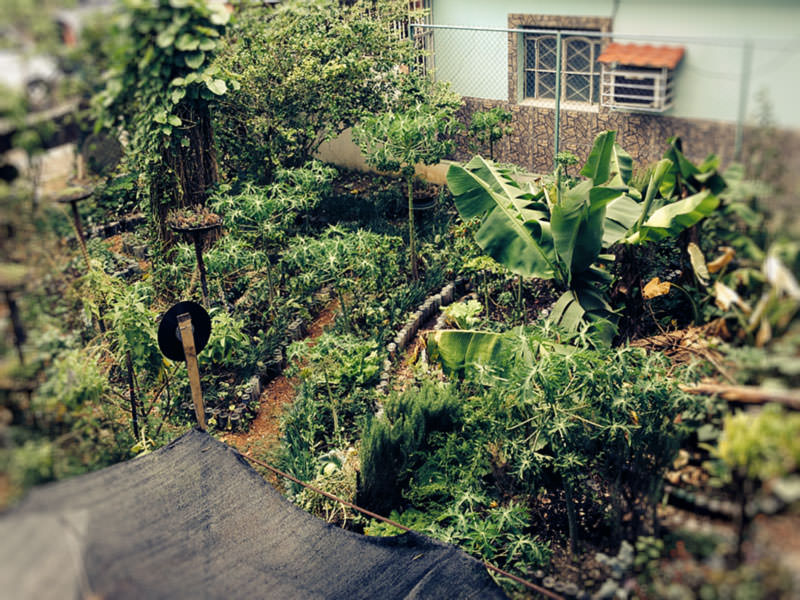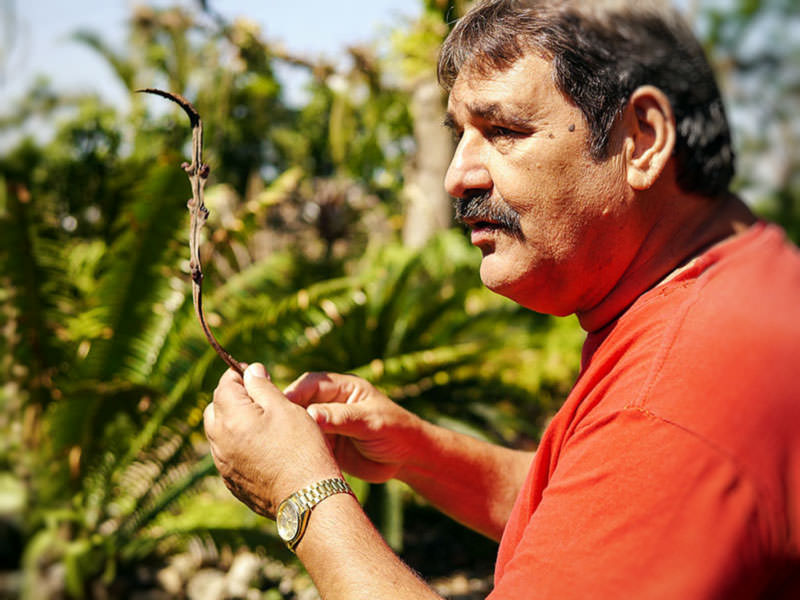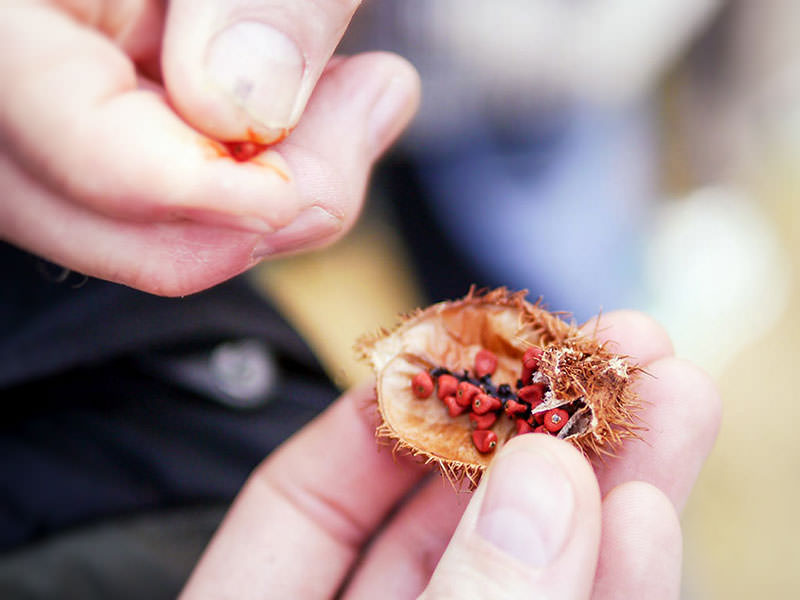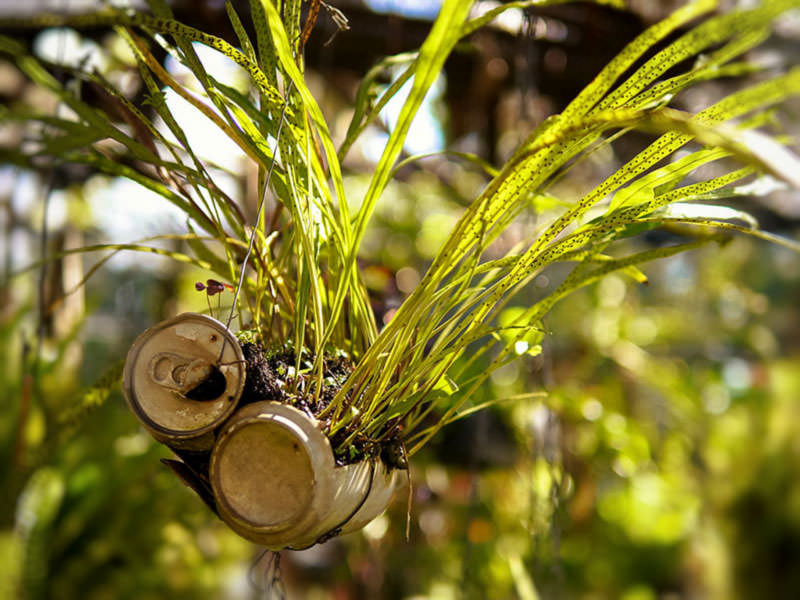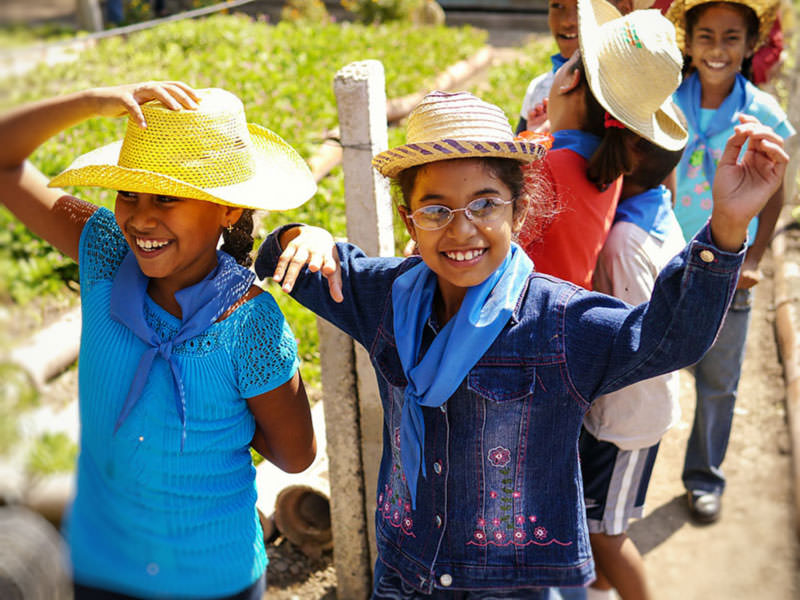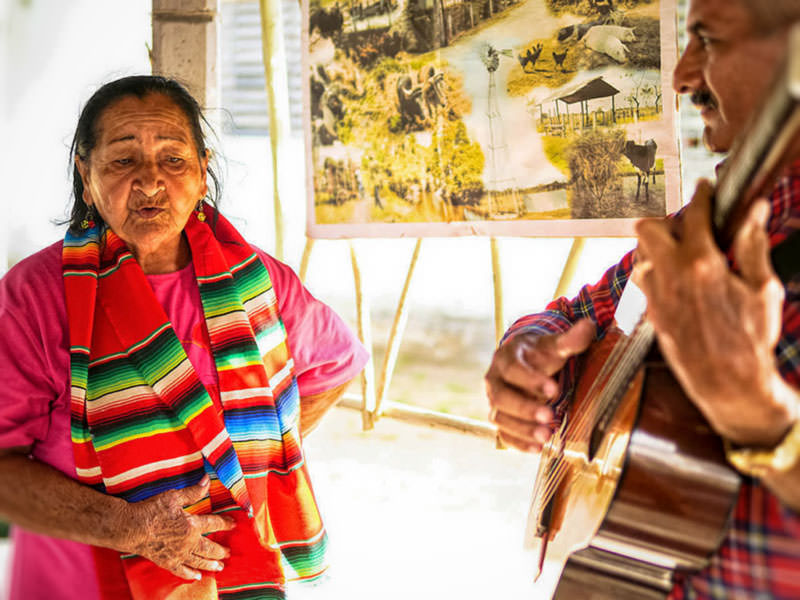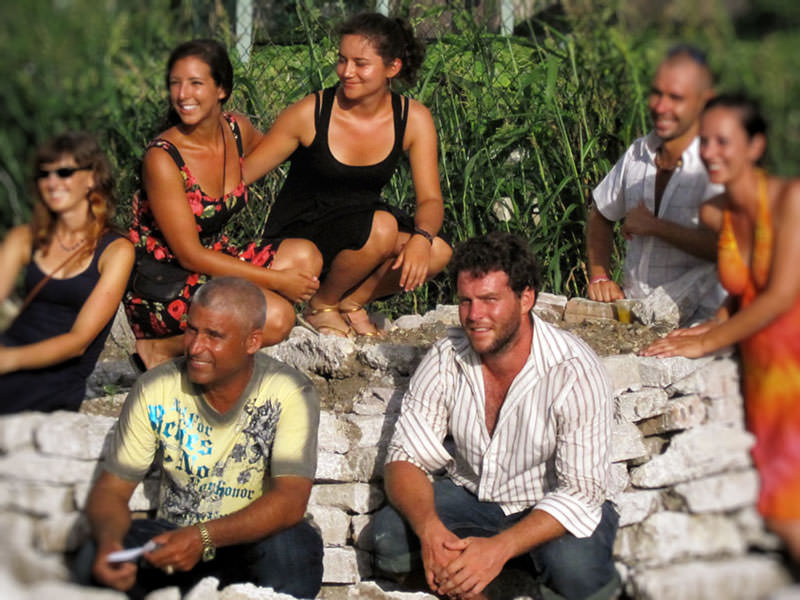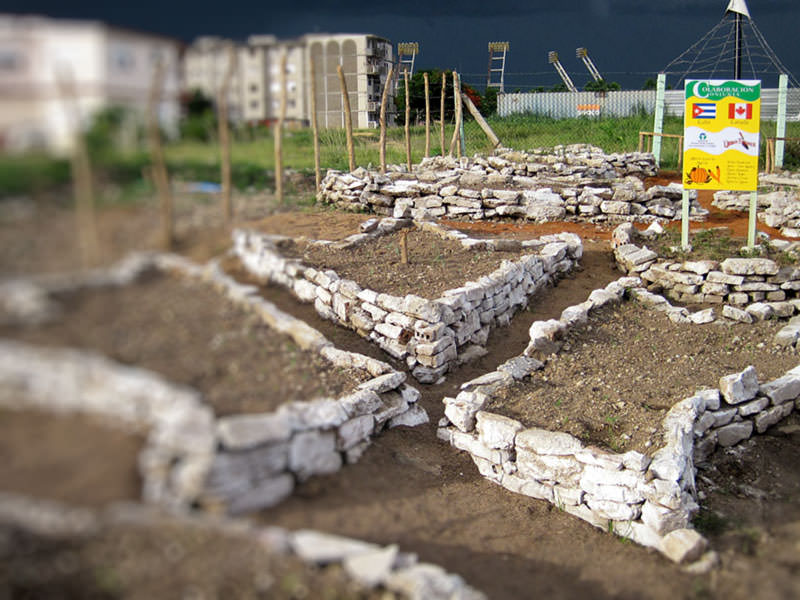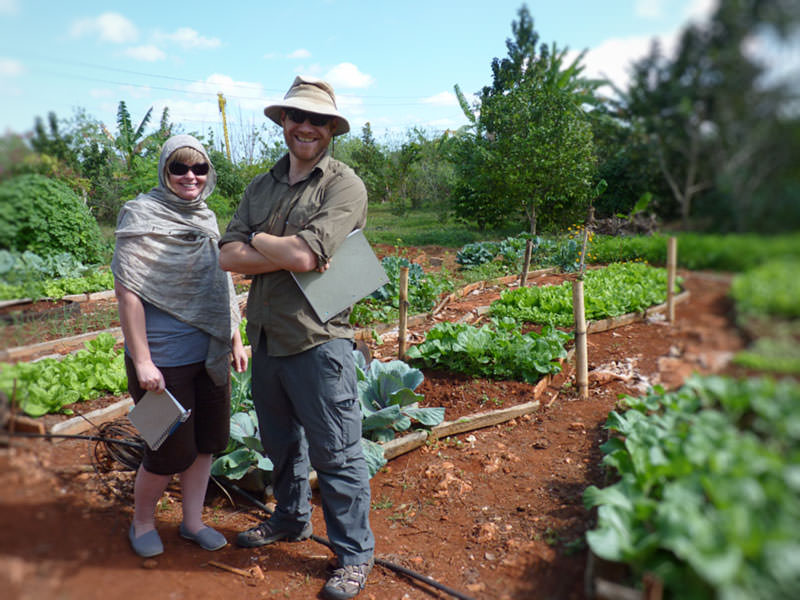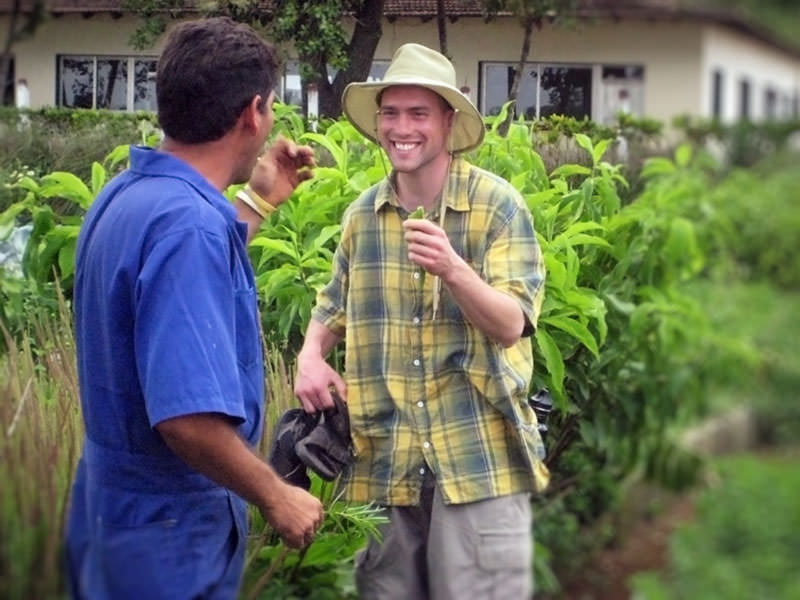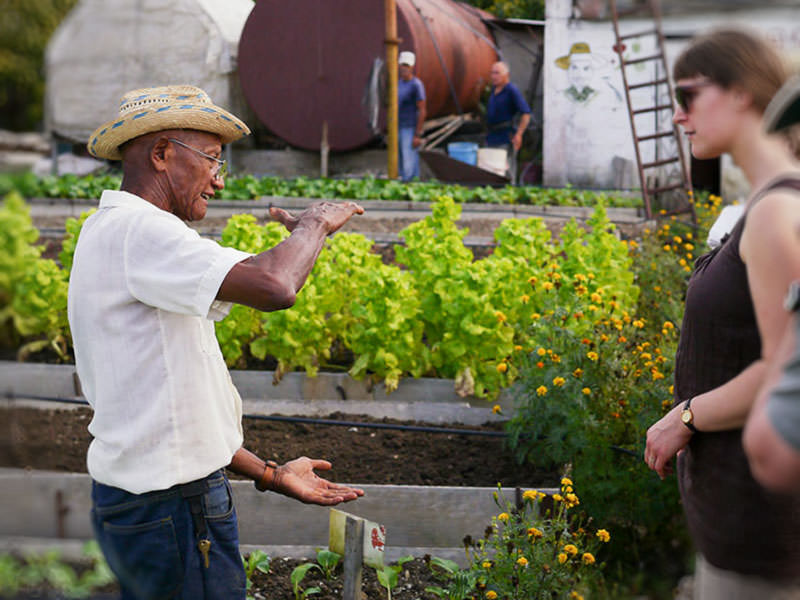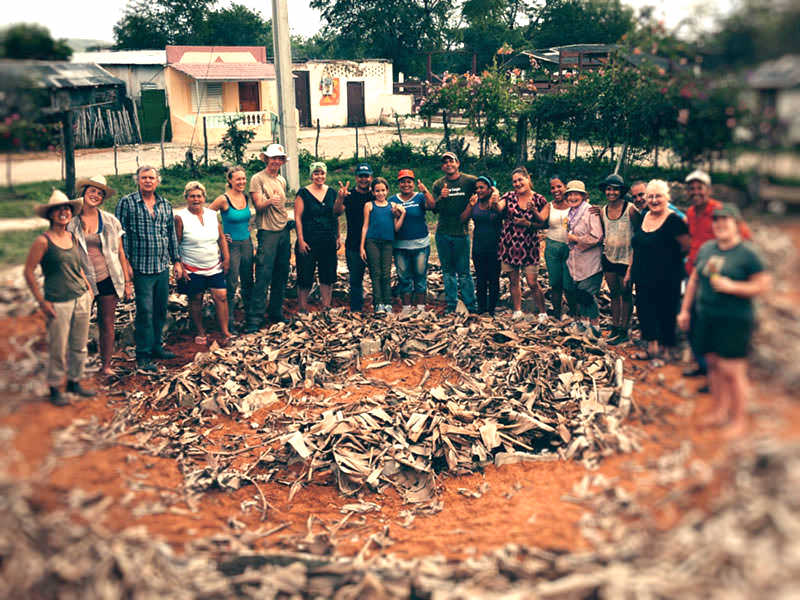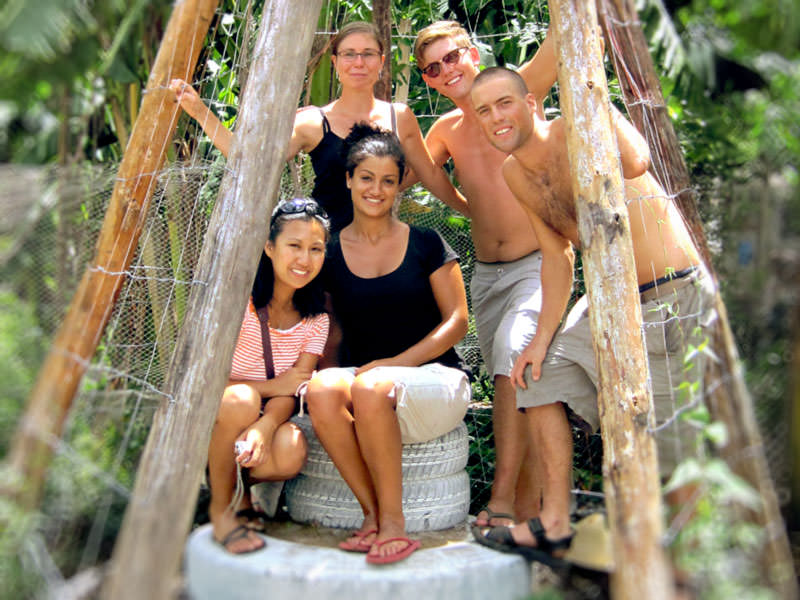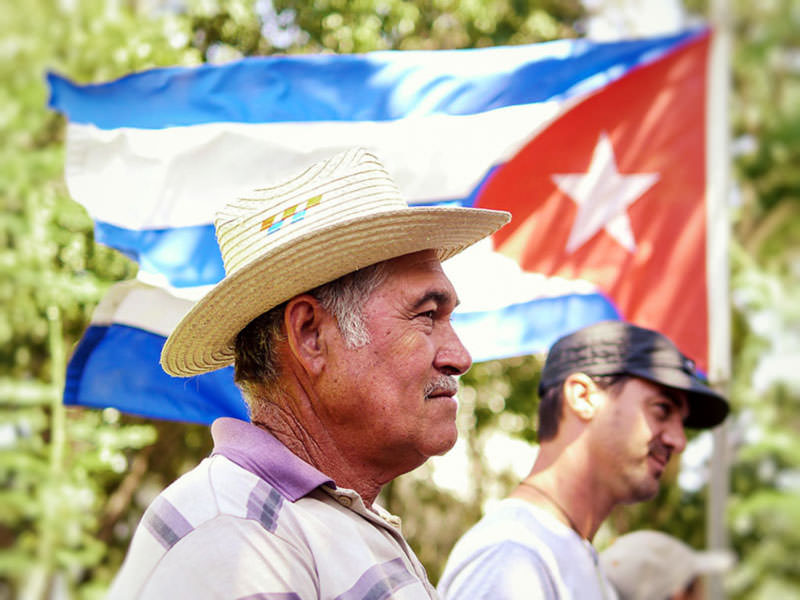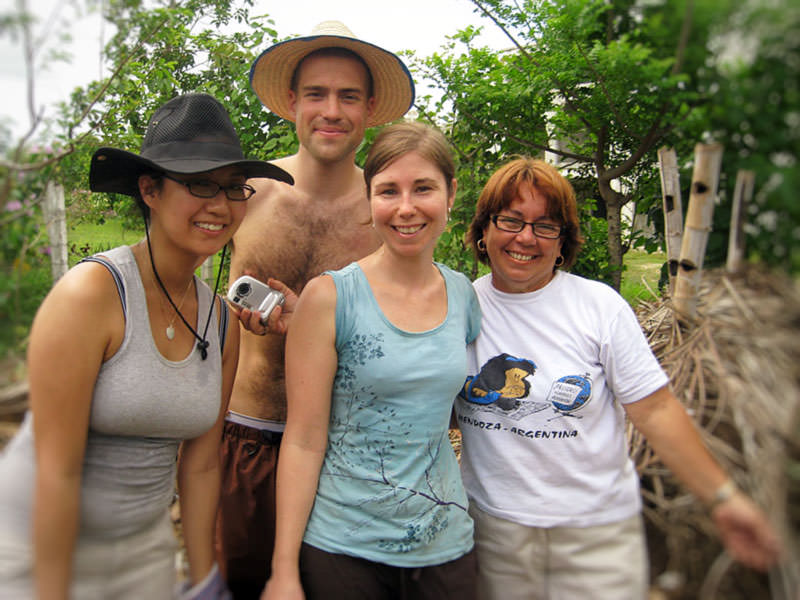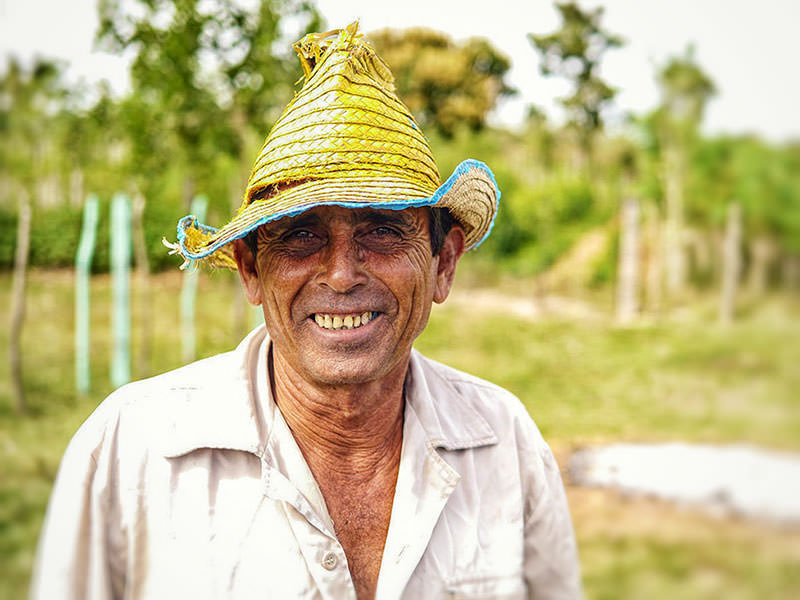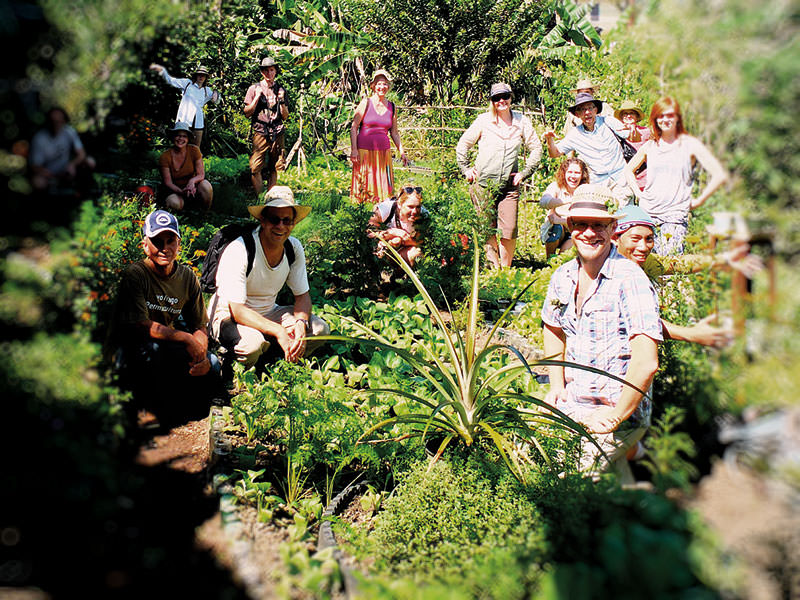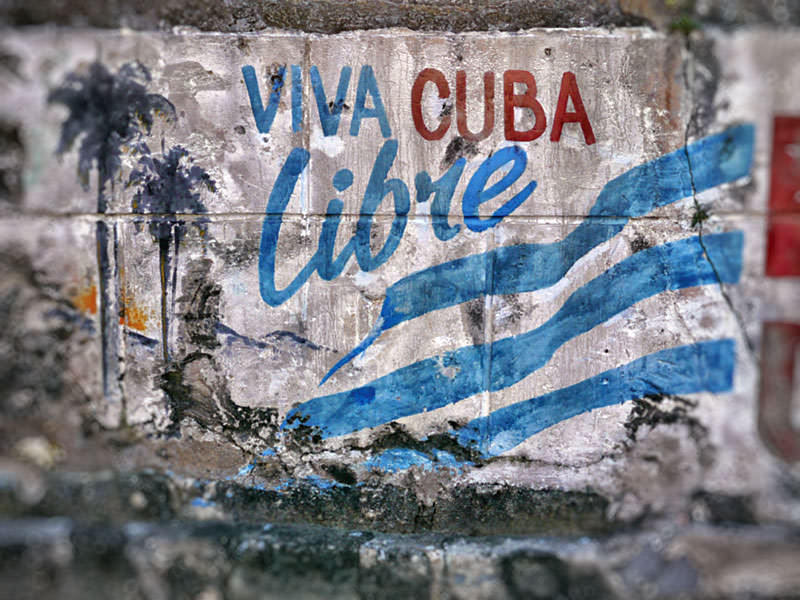Permaculture Design in Cuba
When the economic crisis of the early 1990’s began to disintegrate Cuba’s heavily industrialized and import-dependent food system, the very future of the country was at stake. Food was in short supply and the means of growing food in the highly mechanized and chemically driven manner of the past few decades was no longer available. In response to this crisis, the development of a vigorous agroecology framework for transforming the country’s food system emerged, including the introduction of permaculture design as a way to empower urban people and their communities to achieve some of their own food security in very uncertain times.
Brigades of Australian volunteer permaculture teachers arrived in Cuba in the mid 1990’s, sharing the permaculture vision with key agriculturalists, and members of organizations like the Antonio Nunez Jimenez Foundation for Nature and Humanity (FANJ). In a few short years, FANJ began teaching permaculture throughout the country, creating a movement that would grow tremendously using a model of “campesino to campesino” (farmer to farmer) knowledge sharing. FANJ wrote a book on permaculture methods for Cuba, “Permacultura Criolla” and developed numerous other methods for spreading the possibilities of permaculture far and wide.
“It was the kind of learning experience that has helped me better feel the footing of the path I’m on, and to see that there are alternatives that are “really working!” I really feel that this experience in Cuba was something quite pivotal in my life…that it “gave” me a new context, new hope, new alternatives…and I’m excited how these elements will enrich not only my own life, but new projects/people/ideas to come into the future.”
Permaculture has evolved in Cuba within the context of the wider agroecological movement and is in constant dialogue with the many organic farming, urban agriculture and food security initiatives throughout the country. While the initial stimulus for permaculture in Cuba was certainly the food crisis, the movement has broadened its focus to integrate many of the other key permaculture domains: water, energy, housing, appropriate technology, arts and culture, and alternative community structures to name a few.
Permaculture Design Cuba
This course offers the unique opportunity for participants to learn from and participate directly in this exciting movement in Cuba. Canadian permaculture teachers Ron Berezan (The Urban Farmer) and Javan Bernakevitch (allpointsdesign.ca) will facilitate the learning process in close partnership with permaculture leaders and practitioners affiliated with FANJ in Cuba. Ron has taken over 300 people to Cuba on 18+ permaculture and agroecology programs and has developed great working relationships with many of the leading visionaries and practitioners in this remarkable movement.
This three-week program will be an inspiring integration of theory and practice covering the internationally-recognized Permaculture Design curriculum and exploring the many expressions of permaculture in Cuba.
An exciting journey of learning and discovery which includes:
- Face to face contact with Cuban permaculture practitioners, agroecologists, urban farmers and community activists.
- The core permaculture design curriculum including permaculture ethics and principles; ecological patterns and ecosystem functioning; methods of design; organic soils management; water systems; annual and perennial food systems, fungi, plants and animals in permaculture design; natural building and appropriate technologies; community strategies and social permaculture, permaculture for the tropics and temperate zones – a total of over 96 hours of participatory instruction and learning.
- Numerous site visits to small agroecological farms, urban permaculture projects, cooperatives, “organoponicos” and community projects in the provinces of Matanzas, Sancti Spiritus and Santiago de Cuba.
- Hands-on activities in existing and new permaculture projects such as the reforestation and community permaculture learning centre of Bella Mar, the urban permaculture systems in the city of Sancti Spiritus and new urban permaculture projects in Santiago de Cuba.
- A group design and installation project in the city of Santiago de Cuba.
- Time for reflection, relaxation, integration and dialogue.
- Opportunities to enjoy the vast cultural and ecological richness of Cuba including music, architecture, dancing, beaches, hikes and caving.
- An internationally recognized Permaculture Design Certificate for all those who complete the program.
This program is a great fit for:
- Small farmers, food gardeners, and urban agriculturalists
- Permaculture practitioners wishing to broaden their experience, attain a Permaculture Design Certificate, and learn from Cuba’s permaculture movement.
- Food security advocates, community activists, urban planners, and environmentalists.
- Those with a desire to be part of a dynamic experiential group learning process set in the heart of “the real Cuba”.
